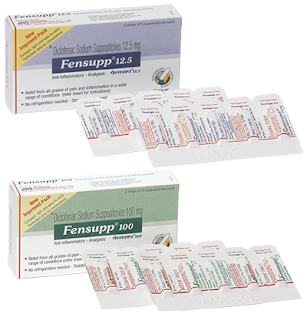Market is filled with different types of suppositories that are suitable for a range of purpose. These are specialized medicines which are useful for the patients who have trouble swallowing pills or when their body don’t respond well to injections.
Old age folks often suffer with digestion related issues and blockage of rectal opening. Glycerine suppositories are recommended by the doctors because it is easy to use and effect is faster. Glycerine suppository effectively acts like a laxative. The suppository is used to treat occasional constipation or to cleanse the bowel before a rectal exam or other intestinal procedure. While it works better and shows faster effects, it is not recommended to use one without an expert advice.
There are a few of situations where you are not supposed to use these suppositories. Listed below are a few of these –
Allergic reaction
Before consuming any form of suppository, you should consider if the body is allergic to its components. The outer shell may not suit the skin or the internal components have certain reaction that doesn’t go well. Make sure that you reveal your allergies to the doctor before opting for one.
Pregnancy
Neither glycerine nor diclofenac suppositories are suitable for the pregnant women as the constituents pass into breast milk and contaminate it. Doctors would ask you to avoid certain suppositories in case of pregnancy. In case you are planning first child then the suppository should not be consumed unless the physician allows you to use it.
Recent surgery
A doctor would never recommend a suppository to anyone who has had a recent surgery especially close to the area where it is supposed to be applied. The constituents of the suppository may react with the healing wound and make it worse. In such cases, better listen to the doctor and follow their suggestions.

